The Learning and Forgetting Curve: How to Make eLearning Memorable
TalentLMS
FEBRUARY 2, 2015
Multitasking with techno-stimulators: mobile phones, tablets, i-tunes and you get the drift. Which simply means, sleep registers your training or learning material into long-term memory. Another common and deceptively heroic habit, that we all are so proud of, is multitasking. But I thought multitasking got things done faster!





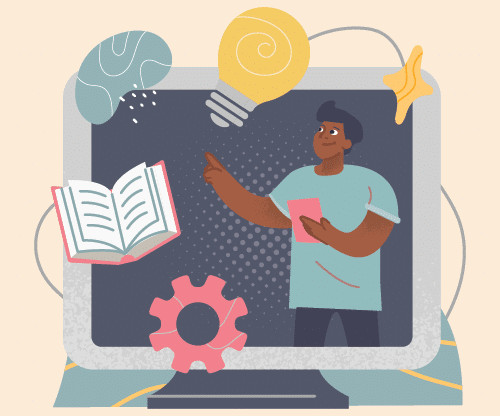




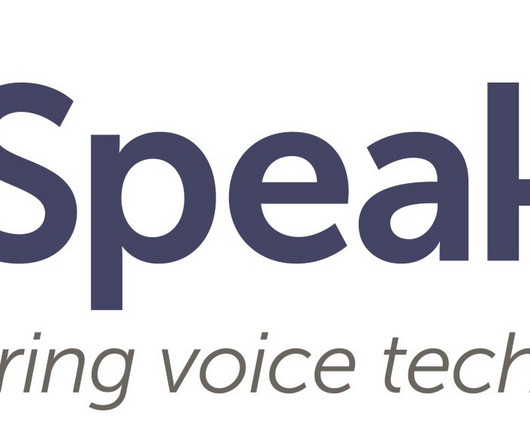
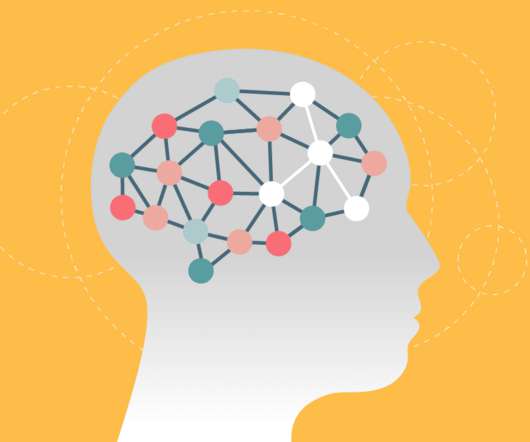


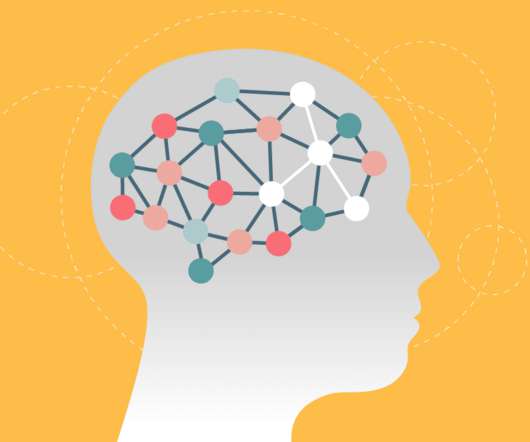














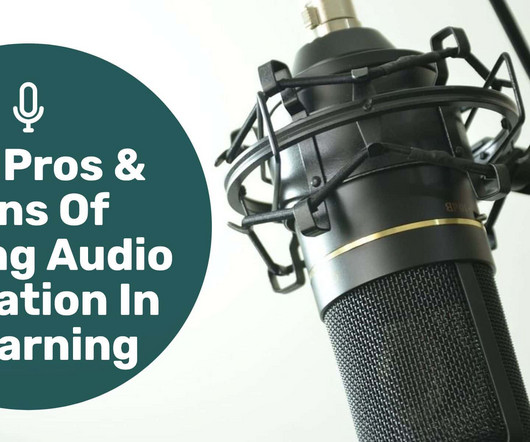






















Let's personalize your content